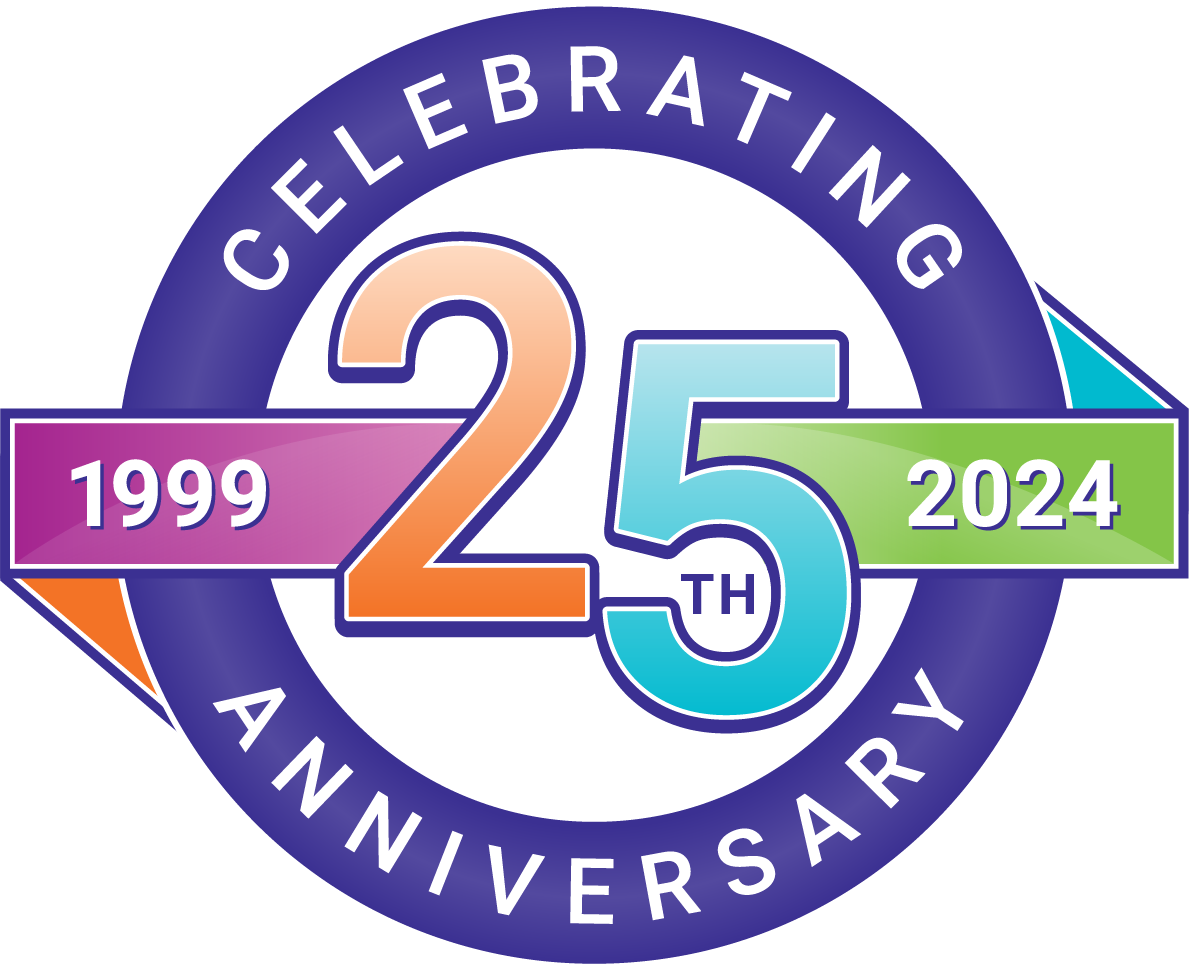Prepare to Present
Nobody's first draft is their best work. There are two steps that get you from your first draft to your final product: revise and refine.
1. Revise
To revise is to check and update your paper's content, including the focus, development, and organization.
- Has enough time gone by since you wrote your first draft? If not, you may not be able to easily find your own mistakes. Try waiting at least one full day between each revision.
- Have you effectively conveyed your message? If not, you may need to eliminate or add ideas or information.
- Pro / Con: Did you represent both sides adequately?
- Persuasion or Argument: Did you provide enough evidence?
- Informative: Did you cover the main aspects of your topic?
- Is your paper arranged effectively? If not, you may need to change the order of ideas or information.
2. Refine or Edit
To refine or edit is to tighten up language so that your paper is easy to read and understand.
- What to look for:
- Edit sentences to improve their structure.
- Adjust word choice to aid in clarity and avoid overuse.
- Correct spelling, punctuation, and grammar.
- Check paper and citation format.
- Tips:
- Editing requires concentration; find a quiet location.
- Edit in multiple short blocks of time to help maintain your concentration.
- Watch for mistakes your teacher has pointed out on previous papers.
- Check separately for each type of error you tend to make. For example, read through one time looking for subject-verb agreement. Read through a second time looking for sentence fragments. Etc.
- A spell checker will not catch all mistakes, so it is not a substitute for carefully reading your paper.
- Use the computer's search function or find feature to easily locate and correct overused phrases, repeated misspellings, etc.
- Read your paper out loud. This is helpful for spotting run-on sentences and other mistakes. It also helps you hear it as your audience will.
- Read through the paper slower than your normal reading pace to better spot errors.
- At least once, work from a printout and not a screen. This will give you another perspective to find errors.
- Ask someone else to read your paper. Another set of eyes can catch mistakes you may have overlooked.
Many of these strategies and tips for revising and refining will work or can be adapted for projects other than a research paper.
No aspect of the research paper should be considered unchangeable until the final draft is turned in to your teacher.
Next => Now that you have prepared, it is time to present your project.

